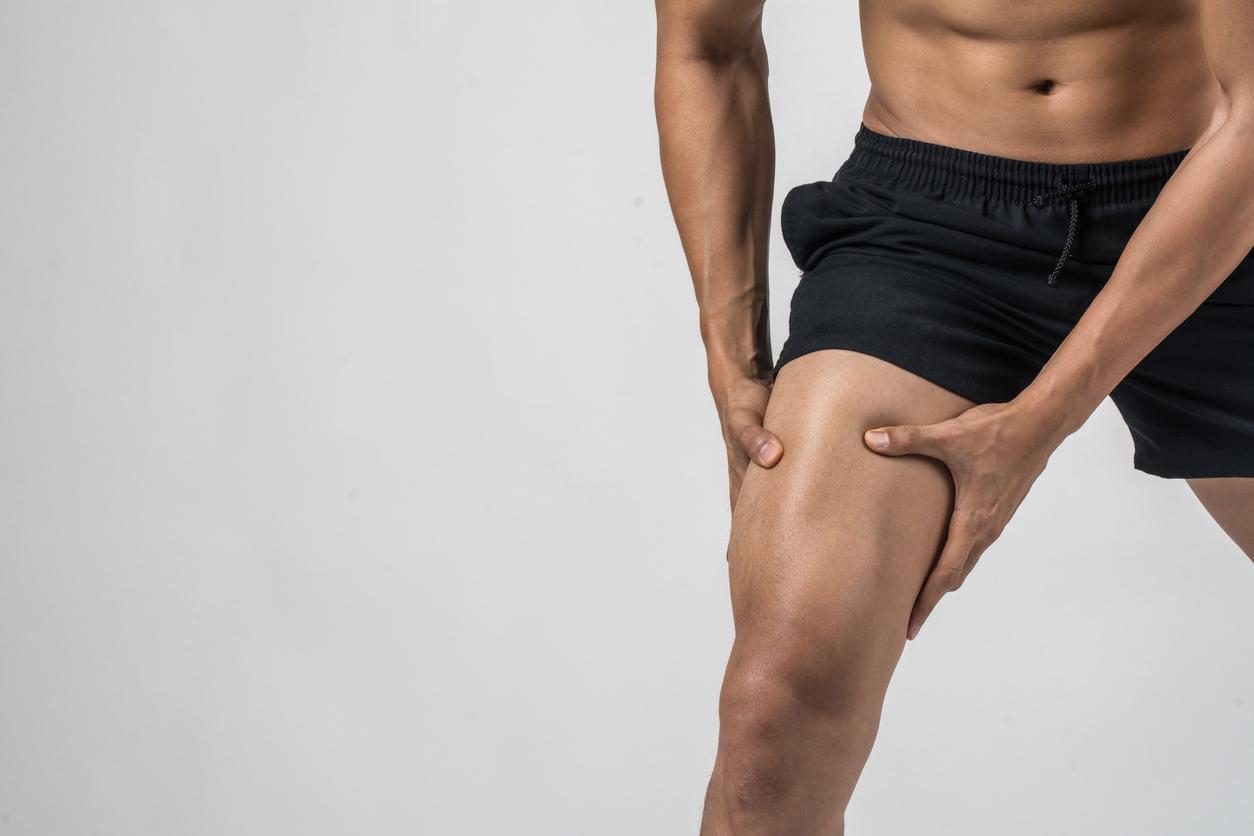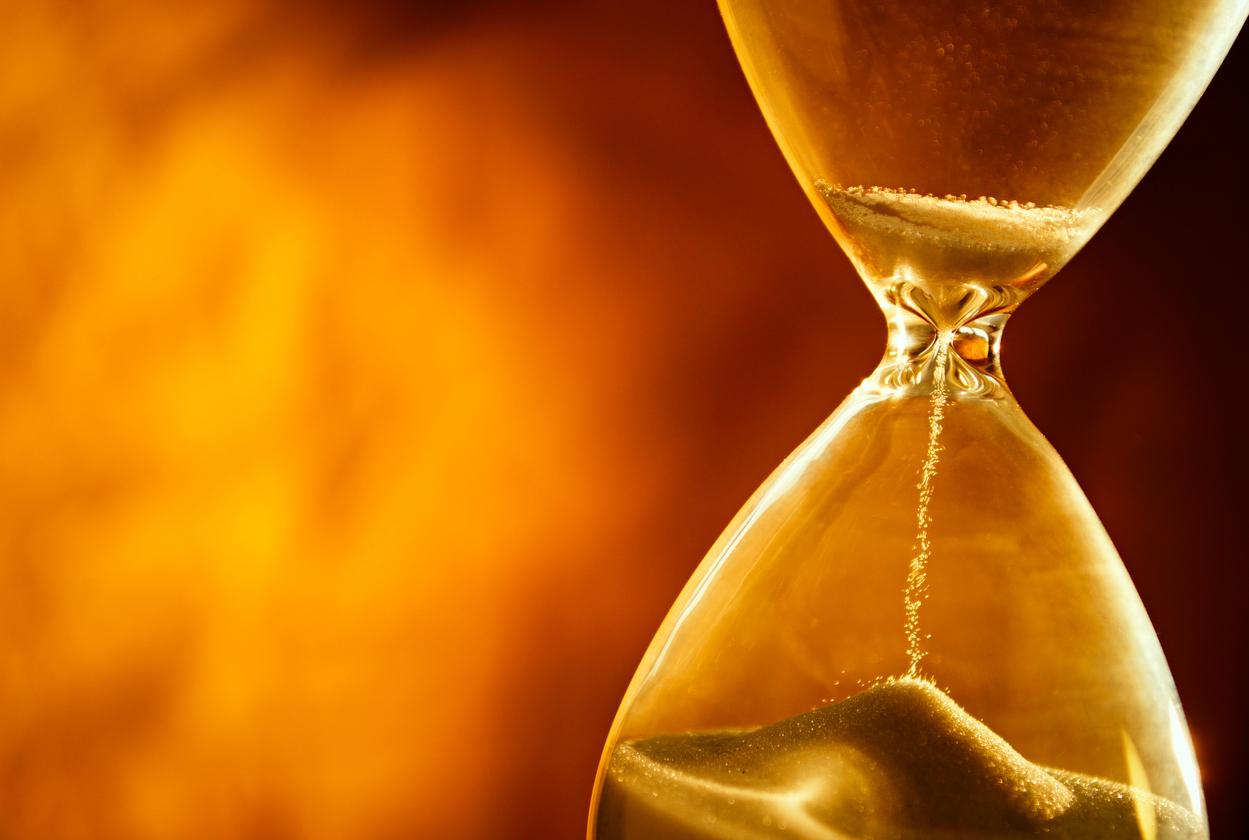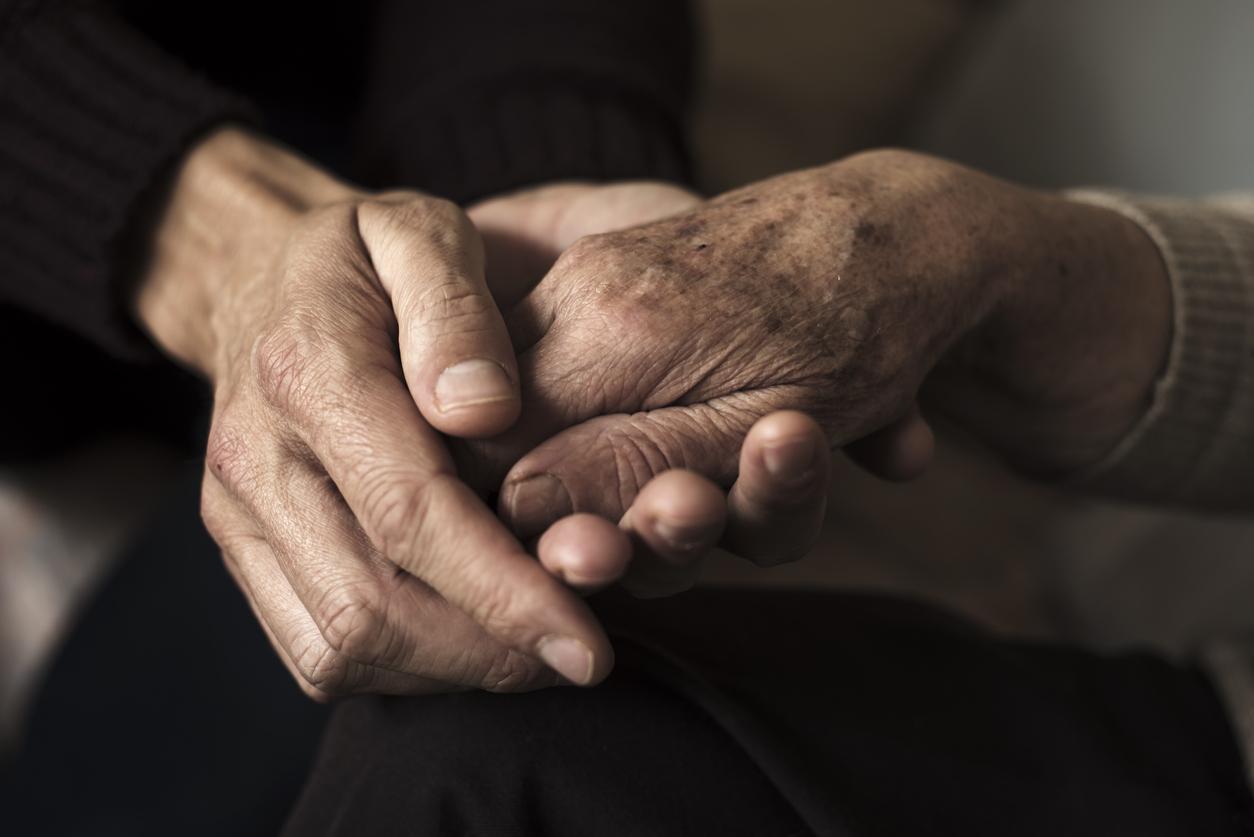German researchers show that the use of telemedicine increases the life expectancy of people with heart failure. These findings hold true in both rural and urban areas.

From September 15, telemedicine will be accessible and reimbursed in France. These new techniques should allow better access for all to health care.
The work of German researchers indicates that telemedicine would improve the life expectancy of people with heart failure. Their results are published in the journal The Lancet.
Home measurement tools
Heart failure affects 1 million people in France according to the French Federation of Cardiology. It is the leading cause of hospitalization in adults. German researchers from the Charité center for cardiovascular telemedicine wanted to understand through their study, the interest of telemedicine in heart failure.
1,538 people participated in the research, all with chronic heart failure. Two groups were formed: the first received conventional care as well as follow-up by telemedicine and the second received only conventional care.
The patients followed by telemedicine had at their disposal four measurement tools: an ECG monitoring unit with a clip on the finger, a blood pressure measurement tool, a scale to monitor their weight and a tablet to record the data. The doctors, present 24/7, received the data at the center, and made the appropriate decisions based on the results.
Better life expectancy
The group of patients followed by telemedicine spent less time in the hospital for unplanned hospitalizations for their heart problems: 3.8 days on average compared to 5.6 days for the other group. In the first group, the mortality rate was also reduced: 8 deaths per 100 people against 11 deaths per 100 people in the other.
“The study was able to prove that the use of telemedicine can increase life expectancy,” says one of the main authors of this study, Dr Friedrich Köhler. These results were valid in both rural and urban areas, showing that telemedicine may have an interest in compensating for regional inequalities in terms of access to care.
The development of telemedicine in France must precisely respond to the problem of medical deserts, but also make it possible to better support people with chronic diseases or isolated elderly people.

.

















